SAP is a global company specializing in enterprise software, including customer relationship management, enterprise resource planning, supplier relationship management and more. SAP began in 1972 in Waldorf, Germany, under the leadership of five former IBM engineers who wanted to provide standardized software to integrate business processes. Today, SAP has more than 345,000 customers and more than 84,000 employees.
SAP reports that 87 percent of the Ford Global 2000 companies and 98 percent of the 100 most valuable brands use SAP solutions. In addition, 100 percent of the top scoring companies reported by Dow Jones also use SAP and 4 out of 10 large companies in Germany rely on the ERP system from Waldorf.
To meet the demand for qualified professionals, SAP offers a comprehensive certification program to ensure outstanding product and customer support and close the IT skills gap. The SAP certification program currently comprises more than 350,000 certified SAP experts worldwide.
Overview of the SAP certification program
SAP offers more than 150 certifications, each focused on a specific SAP product. You can search SAP certifications on the company's website by product, solution category or delivery method, and location. Certifications are typically found at the "Associate", "Specialist" or "Professional" level, which can be understood as follows:
User certifications: These are aimed at people who are not yet familiar with SAP solutions and have familiarized themselves with SAP technologies in manuals or training courses.
Professional certifications: These build on Associate level credentials and identify professionals with skills in specific components or roles.
Professional certifications: These are awarded to people with in-depth knowledge of SAP solutions and practical experience.
No prior knowledge, training or other certifications are required for Associate and Professional level certification. Candidates must have an Associate-level credential in order to receive a professional certification.
In addition, SAP certifications do not require recertification. But to ensure that your qualifications remain up to date, SAP monitors your credentials and notifies you if one or more of your credentials are out of date. The company develops delta checks when an SAP solution is released that has undergone significant changes. Certification holders must take one or more delta exams within six months to keep their skills, knowledge and certifications up to date.
SAP certification exams
User and professional level certifications require a single examination. For the professional certification, candidates must pass both the professional and user exams. You can purchase an exam voucher through the SAP website and then take the exam at an SAP Training Center.
Some certifications are available via SAP Certification in the Cloud. With the SAP Certification Hub, you can take up to six exams in a 12-month period for an annual subscription of €500. (the fee for certification in the cloud is roughly equivalent to the cost of taking an examvia a physical test center. So it may well be worth taking the time to check which certificates are available through the cloud program.
SAP solution categories
Those familiar with SAP certifications may recall that in the past, certifications were classified by job roles such as system administrator, system architect and developer. While job roles still play an important role in the certification program, SAP now classifies its certifications by solution category. In this way, SAP professionals can easily find training and certifications related to their areas of interest and expertise within an organization. There are different solution categories:
- SAP Ariba Procure-to-Pay (P2P)
- SAP Business One
- SAP BusinessObjects
- SAP Customer Relationship Management
- SAP Enterprise Resource Planning
- SAP HANA
- SAP NetWeaver
- SAP Solution Manager
- SAP Supplier Relationship Management
- SAP Supply Chain Management
- SAP Sybase Adaptive Server Enterprise (SAP Sybase ASE )
- Enterprise Mobility Solutions
- Industry Solutions
In these categories, most certifications fall into the user level, but you will also find many professional and specialized certifications across the SAP certification portfolio. SAP lists all current certification exams here. Since we can't cover all categories and certifications in this article, let's take a look at some of the most popular SAP certification solution categories to give you an overview of what SAP has to offer.
SAP NetWeaver
SAP NetWeaver is a popular platform; here you will find SAP NetWeaver certifications that focus on managing SAP applications such as ERP, CRM, Java and ABAP as well as business warehouse, portal, integration technologies and development. The certifications available vary by category, but here are some examples of these current certifications:
Management: Technology Associate - SAP NetWeaver 7.4, Technology Consultant OS/DB Migration for SAP NetWeaver 7.4
Business Warehouse: Application Associate - Business Intelligence with SAP NetWeaver 7.0
Portal: Technology Associate - SAP Enterprise Portal 7.4.0
Technologies for process integration: Development staff/technology staff - Process integration with SAP NetWeaver 7.31
ABAP programming: Development staff - ABAP with SAP NetWeaver 7.40 or 7.50
SAP also offers numerous NetWeaver training courses, including training for project teams.
SAP Solution Manager
When you think of technical support, think SAP Solution Manager. SAP Solution Manager enables professionals to manage complete SAP-based solution environments, including selection and implementation, day-to-day operations and ensuring system reliability.
SAP offers numerous training opportunities and certifications to prepare professionals to work with SAP Solution Manager. The training is divided into several subcategories, including general solution overviews, project management, end-to-end solutions, configuration and application.
SAP offers several certifications for those responsible for implementing and maintaining systems using Solution Manager, including several Certified Technology Associates specializing in Change Control Management, Business Process Monitoring and Business Process Interface Monitoring. Each certificate comes with its own roadmap of recommended training.
One of the interesting SAP Solution Manager certificates is the SAP Certified Associate Project Manager. This certificate goes beyond traditional project management skills and focuses specifically on validating skills required to manage SAP projects. Exam topics include data management, key deliverables in workflow, business process management, technical solution management including ASAP methodology, SAP project implementation, enabling tools, key concepts for ASAP, training within SAP methodology, change management, SAP NetWeaver skills, test and cutover management, and running SAP like a factory with enabling tools.
SAP Sybase Adaptive Server Enterprise (SAP Sybase ASE)
SAP maintains a complete training and certification portfolio for anyone interested in DB administration, integration, security, development or performance. In addition to SAP ASE, this includes SAP IQ, SAP Replication Server, SAP Power Builder and SAP Power Designer.
The SAP ASE portfolio comprises two sub-categories: ASE Administration and ASE Development. Each offers a single Technology Associate certificate.
In the ASE Administration track you will find the Technology Associate - Database Administrator for SAP Sybase ASE 15.7. exam topics are
Database backup,
Server configuration,
Tuning with Logical Process Management,
Transactions with Transact-SQL functions,
Architecture and installation,
Maintenance,
Security,
Table management,
Database management and
Data analysis
The training focuses on SAP Adaptive Server Enterprise and includes a fast-track course for entry-level professionals. Other courses include System and Database Administration, Performance and Tuning: Configuring Adaptive Server Enterprise and Powering on with Sybase Adaptive Server.
In the area of ASE Development, SAP offers the SAP Certified Technology Associate - Development Consultant for SAP Sybase ASE 15.7 . This exam validates a candidate's knowledge in the areas of data analysis, query optimization and statistics, query access methods, join processing, table and index structure, transaction concepts, stored procedures and optimization, and ASE performance tuning and fundamentals. Recommended training courses include Fast Track to SAP Adaptive Server Enterprise and Performance and Tuning: Adaptive Server Enterprise 16.0 Query Optimization.
Related professions, training and resources







